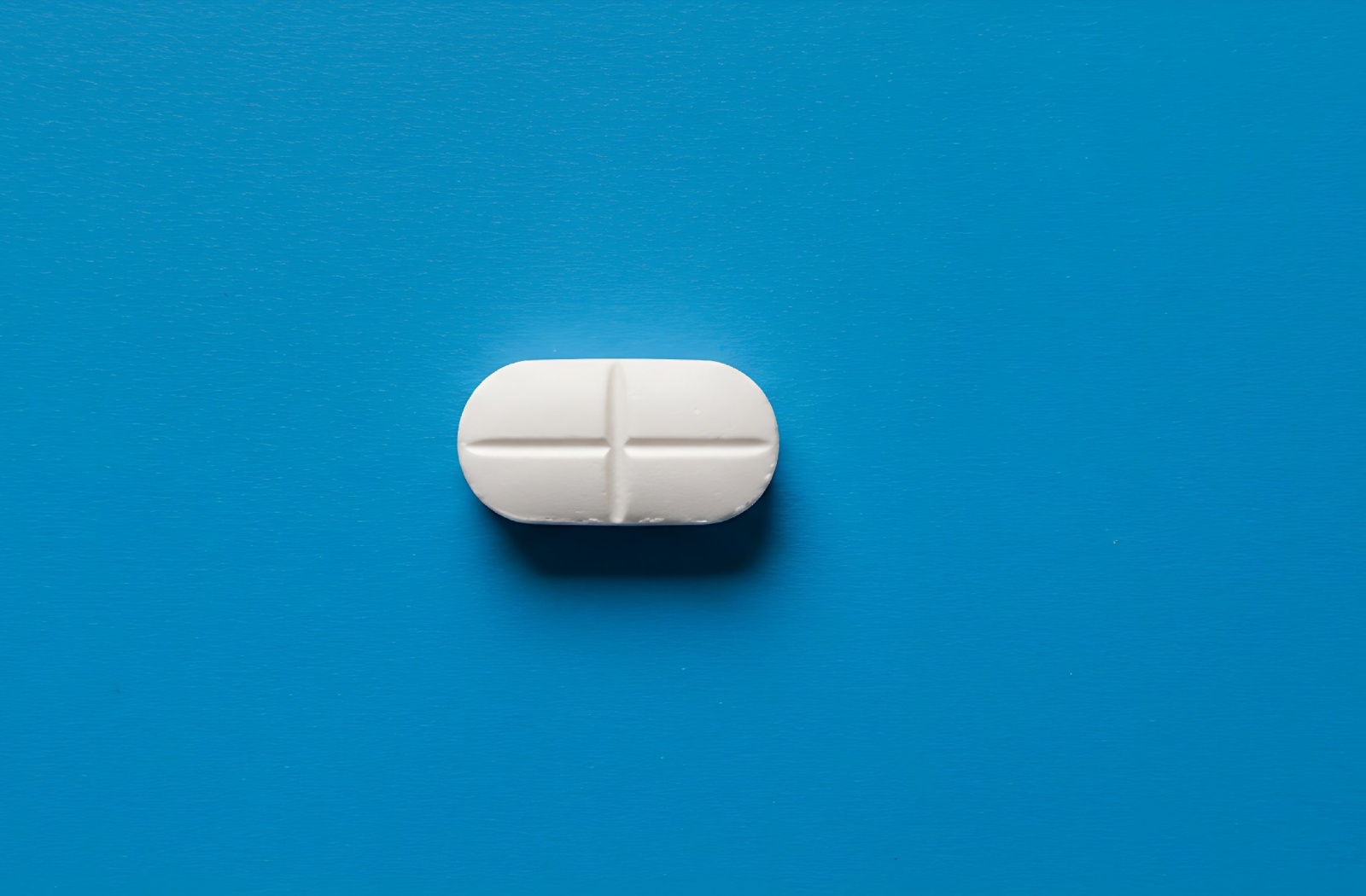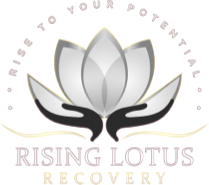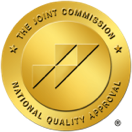Addiction recovery is a deeply personal and complex journey—one that requires more than just abstaining from substances. For many people in early recovery, the emotional and physical toll of withdrawal and healing can feel overwhelming, often bringing anxiety, brain fog, mood swings, and intense cravings.
While therapy, support groups, and detox protocols are essential, emerging evidence suggests that nutrition—specifically amino acid therapy—can also help regulate mood, reduce cravings, improve mental clarity, and support lasting recovery.
Understanding the Brain’s Chemistry in Recovery
To understand why amino acid therapy is so impactful, it’s helpful to look at what happens in the brain during addiction and withdrawal.
Substance use, especially over an extended period, depletes key neurotransmitters—chemical messengers that regulate mood, focus, and motivation. These include serotonin, dopamine, GABA, and others. When neurotransmitters are out of balance, people often feel emotionally dysregulated, anxious, depressed, or unable to concentrate. These symptoms aren’t just psychological—they’re biochemical.
This is where amino acid therapy comes in.
What Is Amino Acid Therapy?
Amino acids are the building blocks of protein, and many of them serve as precursors to neurotransmitters. In other words, the brain uses amino acids to create the chemicals that regulate our thoughts, emotions, and behaviors.
For someone in early recovery, providing the brain with these raw materials can offer real, tangible relief. Rather than relying on psychiatric medications or risking relapse with substances that mimic these neurotransmitters, amino acid therapy works by supporting the body’s natural chemistry.
Some of the most commonly used amino acids in recovery include:
- 5-HTP and Tryptophan: These are precursors to serotonin, the neurotransmitter that helps regulate mood, sleep, and emotional stability. Supplementing with these amino acids can lead to more stable moods, better sleep, and reduced anxiety.
- GABA (Gamma-Aminobutyric Acid): Known as the brain’s natural calming agent, GABA can help reduce feelings of overwhelm, tension, and panic. It promotes a sense of calm without sedation or impairment.
- Amino Acid Complexes: These blends offer a mix of amino acids in free-form (predigested) state. That means the body doesn’t need to break down protein to access the nutrients—it’s immediately bioavailable.
Immediate & Long-Term Benefits
One of the most appealing aspects of amino acid therapy is how quickly some people may feel relief. When a person is emotionally stuck—ruminating, unfocused, or anxious—a targeted dose of the right amino acid can temporarily ease that state. This kind of fast-acting support can be incredibly reassuring in early recovery when people are navigating intense emotional shifts.
But the real power lies in the long-term rebuilding.
As the brain heals from addiction, it needs time and the right support to replenish its stores of neurotransmitters. Rather than treating just the symptom (like low mood or racing thoughts), amino acids help address the root cause: depletion. Over time, this can lead to more sustainable improvements in mood, focus, emotional regulation, and even motivation.
A Natural Form of “Biohacking”
Many people today are looking for holistic, empowering alternatives to traditional medication. In that sense, amino acid therapy could be seen as a kind of “biohacking”—a way to support and optimize brain function using nutrients rather than pharmaceuticals.
Unlike medications that may come with side effects or dependency risks, amino acids work with the body, not against it. They don’t replace neurotransmitters artificially. Instead, they give your brain the raw materials it needs to do the job naturally.
This makes them especially valuable in addiction recovery, where one of the main goals is to move away from external “crutches” and rebuild self-regulation.
Reducing Cravings & Enhancing Clarity
One of the most difficult aspects of recovery is managing cravings and staying mentally clear. When the brain is depleted, it seeks balance—even if that means turning back to substances. Cravings are often not just psychological—they’re the brain’s way of signaling that it’s missing something.
By replenishing the neurotransmitters, amino acids can help reduce the drive to self-medicate. Instead of relying on cannabis to feel calm, or stimulants to feel motivated, amino acids help people experience these states naturally.
This shift can be transformative. It gives people a real sense of progress and hope—not just that they’re surviving without substances, but that they’re truly healing and feeling better.

Supporting Both Clients & Staff
Amino acid therapy isn’t just for clients in detox—it can also benefit the staff supporting them. In high-stress environments like treatment centers, being overwhelmed by emotions can take its toll. Having calming supplements like GABA available during the day can help staff stay grounded and responsive, rather than reactive or burned out.
Likewise, the availability of an amino acid complex—especially one in a free-form, predigested state—helps nourish individuals without taxing the digestive system. For those with poor appetite or compromised digestion (common in early recovery), this can be a game changer, as it supports energy, focus, and overall well being.
The Role of Nutrition in Holistic Recovery
While amino acids are a cornerstone of recovery, they’re just one part of a larger picture. Proper nutrition is also essential. Many people enter treatment severely malnourished, and it’s not just about calories—it’s about micronutrients and biochemical balance. Incorporating targeted nutritional strategies can accelerate healing, improve mental health, and reduce the risk of relapse.
A well-fed brain is a resilient brain. By focusing on what the body needs, not just what it shouldn’t have, recovery becomes not just about restriction—but about restoration.
Begin Your Healing with Support That Feeds You
At Rising Lotus Recovery in North Hollywood, CA, we recognize that healing from addiction requires a multi-dimensional approach. That’s why we integrate amino acid therapy, nutritional support, and holistic care into our treatment model. Contact us today to learn how our compassionate, science-based programs can support your recovery journey.




























